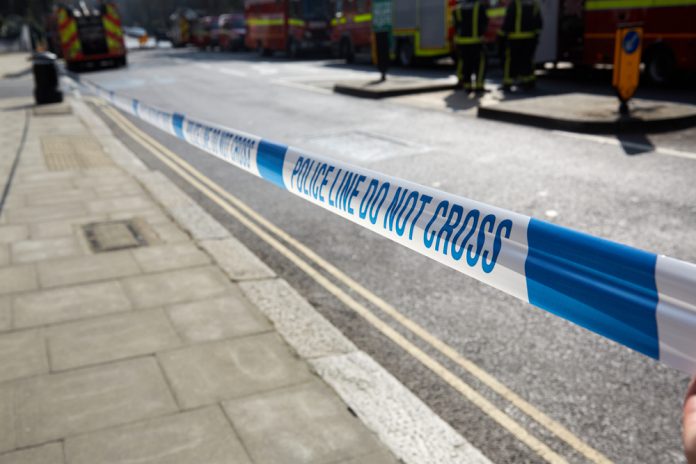As part of a new drive to tackle modern slavery, officers have raided almost 300 nail salons across Cardiff, Edinburgh and London.
“Operation Magnify” is a week-long cross-government drive to eradicate illegal working by targeting specific “risk” industries such as nail bars, construction, care and cleaning.
“We know from intelligence that in nail bars there is a high instance of illegal working within these businesses” said Andy Radcliffe, assistant director at the Home Office Immigration Enforcement Agency
From the 300 salons that were raided, 97 people have been arrested for suspected immigration offences. Most of these were Vietnamese, whilst some were from Mongolia, Ghana, China, and Pakistan.
“This operation sends a strong message to those employers who ruthlessly seek to exploit vulnerable people and wilfully abuse our immigration laws,” said Immigration Minister Robert Goodwill.
The “Modern Slavery Act” has been in place since 2015 to put greater effort in ending the phenomenon that enslaves 46 million people globally, according to the 2016 Global Slavery Index.
When victims are found during raids, they are taken to special safe houses, run by charities such as the Salvation Army, as part of a long period of readjustment to normal life again.
“It’s a multi-million pound business and people will be cashing in on this opportunity they’ve got to feed on people’s vulnerability, their hope for a better life,” said Anne Read, from the Salvation Army.
“So, at the start of this experience, somebody is full of expectation, comes in to the UK expecting to work hard, expecting to receive a fair wage and then for too many of them this isn’t what happens.
“They will then find themselves in a situation they can’t get out of. A situation in which they are not going to be getting paid. They are going to be working exploitative hours and in controlled conditions and it’s very unlikely they’re going to get the money they were promised, money which many of them intended to send home.” she added.

